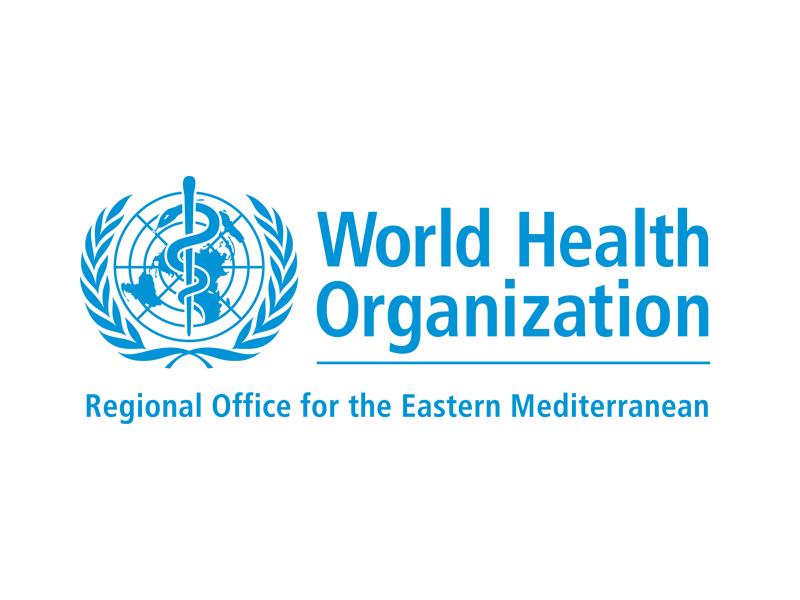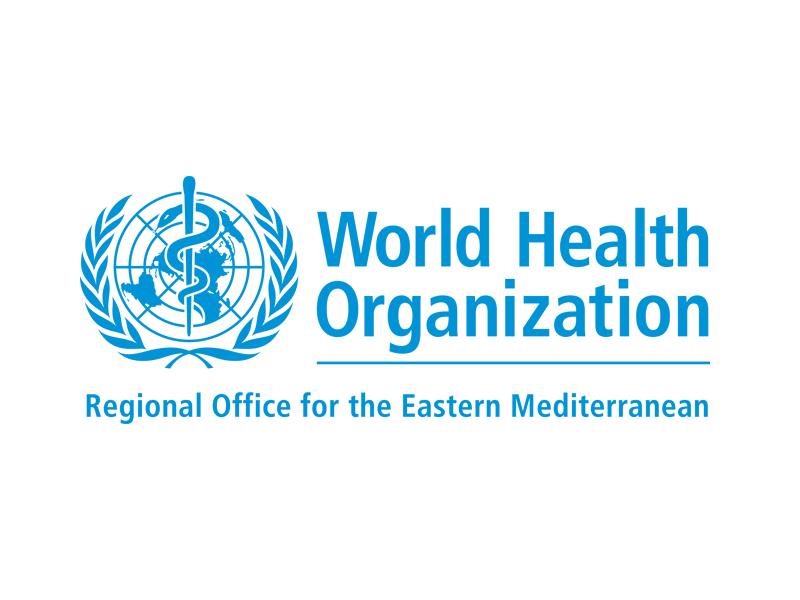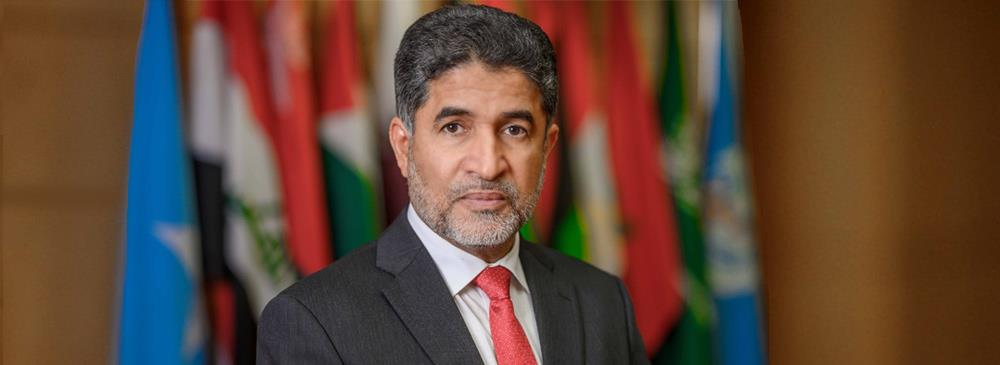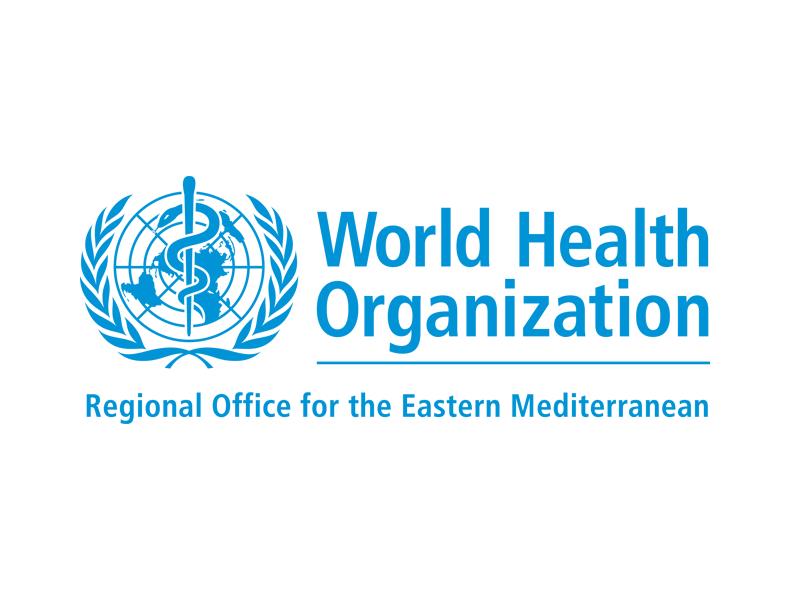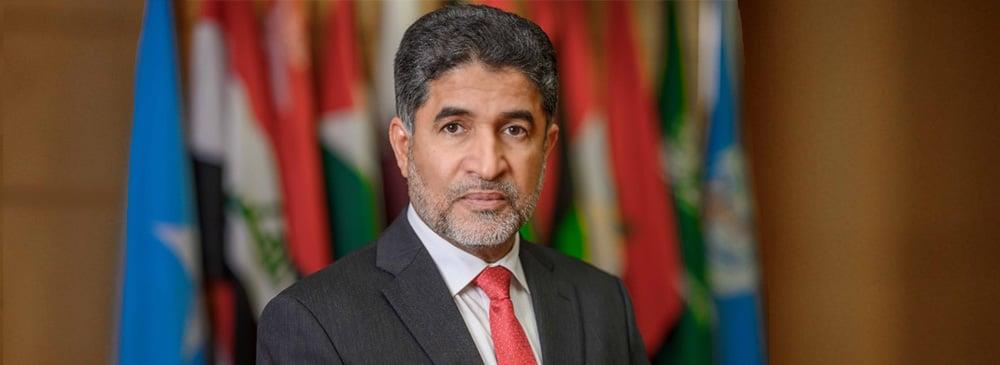
20 April 2023 – We are all aware of the horrific situation currently unfolding in Sudan. Since April 15th, almost 330 people have died and almost 3200 more injured as a result of fighting between government and armed opposition forces in Khartoum and a number of other states, including Darfur States.
Movement in Khartoum is restricted due to the insecurity, creating challenges for doctors, nurses, patients, and ambulances to reach health facilities, and putting the lives of those who need urgent medical care at risk.
People who require regular care for chronic diseases are unable to access treatment, and mental health and psychosocial needs, especially among children, are increasing.
Widespread blackouts continue and lack of electricity in certain areas and hospitals place patients at high risk. There are acute water and fuel shortages in health facilities, and a number of water stations in Khartoum have gone out of service. In hospitals, there are severe shortages of specialized medical staff, oxygen supplies, and blood bags.
Reports of sexual assaults on international humanitarian workers are also deeply concerning, as are increasing reports of attacks on health care, including assaults on health workers, military occupation of hospitals, and looting and hijacking of ambulances.
As of today, according to the Ministry of Health, 20 hospitals have been forced to close due to attacks or lack of resources, and an additional eight health facilities are at risk of closing due to staff fatigue or lack of medical doctors and supplies.
We call on all parties to implement a sustained humanitarian pause as soon as possible so that those trapped by the fighting can seek refuge; civilians can access food, water, medicines, and other essential items; and people in need of health care can seek the attention that they need.
War has an impact on every aspect of life, beyond those directly injured, and the negative consequences on health can be long term.
Prior to the current crisis, 15.8 million people in Sudan -- one third of the population – needed humanitarian assistance. We are observing a traumatic deterioration of what is already a very difficult humanitarian situation. The longer the fighting continues, the graver the consequences for the health and well-being of millions of people already facing a significant number of public health threats.
Sudan is one of seven countries in the greater Horn of Africa already affected by food insecurity, with more than a quarter of the population already facing a food crisis. Multiple disease outbreaks are currently circulating in the country, including measles, poliovirus, the first ever Dengue outbreak in Khartoum, and increasing cases of malaria throughout the country.
For the past 67 years since 1956, WHO has been a partner of Sudan, with our teams on the ground committed to protecting the health and well-being of millions of Sudanese people. And we will continue to so do, as long as the health and safety of our own staff are not compromised. Even before the start of this most recent violence, WHO had already prepositioned essential drugs and supplies, including trauma and emergency surgery supplies to hospitals across Khartoum, equipped ambulances owned by the Ministry of Health, and conducted several rounds of trainings for doctors on mass casualty management and critical care.
As more hospitals become nonfunctional due to lack of health supplies, a dedicated group (including WHO, MOH, and mass casualty management teams) are coordinating with pharmacies and drug stores on the availability of supplies and ensuring that medicines and supplies are directed to where they are needed most. As soon as travel restrictions to Sudan are lifted, additional WHO specialist staff for trauma care, public health, logistics and security are available to surge into Khartoum while further supplies are on standby to be airlifted from our logistics hub in Dubai.
WHO remains committed to its long-standing partnership with Sudan, and we will continue to work to fulfil our mission of health for all by all. But we can only do so in an environment that allows us to work unimpeded and without risk to our staff, whose health and well-being will always be our first priority.
We call safe passage and a humanitarian truce for health workers, patients, and ambulances. And we urge all parties to the violence to put the safety and security of their own people above all else.
Our minds and hearts are with the people of Sudan.




